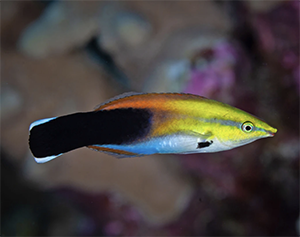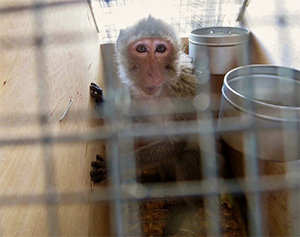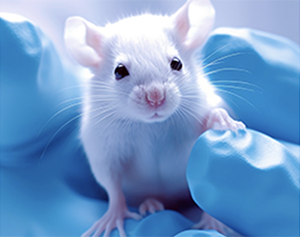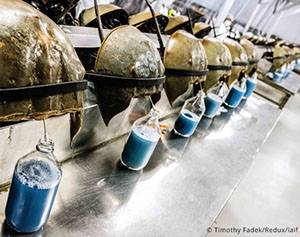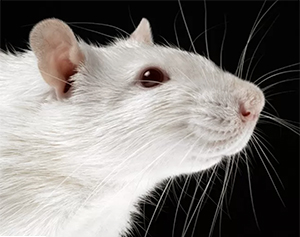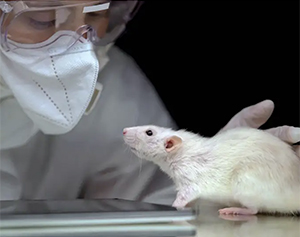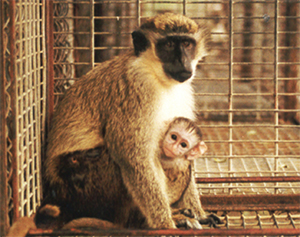Scientists push new paradigm of animal consciousness, saying even insects may be sentient
Far more animals than previously thought likely have consciousness, top scientists say in a new declaration — including fish, lobsters and octopus.
Bees play by rolling wooden balls — apparently for fun. The cleaner wrasse fish appears to recognize its own visage in an underwater mirror. Octopuses seem to react to anesthetic drugs and will avoid settings where they likely experienced past pain.
All three of these discoveries came in the last five years — indications that the more scientists test animals, the more they find that many species may have inner lives and be sentient. A surprising range of creatures have shown evidence of conscious thought or experience, including insects, fish and some crustaceans.
That has prompted a group of top researchers on animal cognition to publish a new pronouncement that they hope will transform how scientists and society view — and care — for animals.


